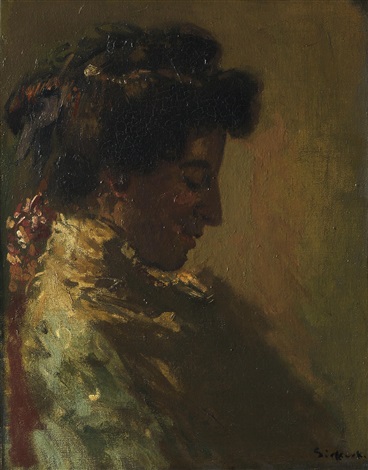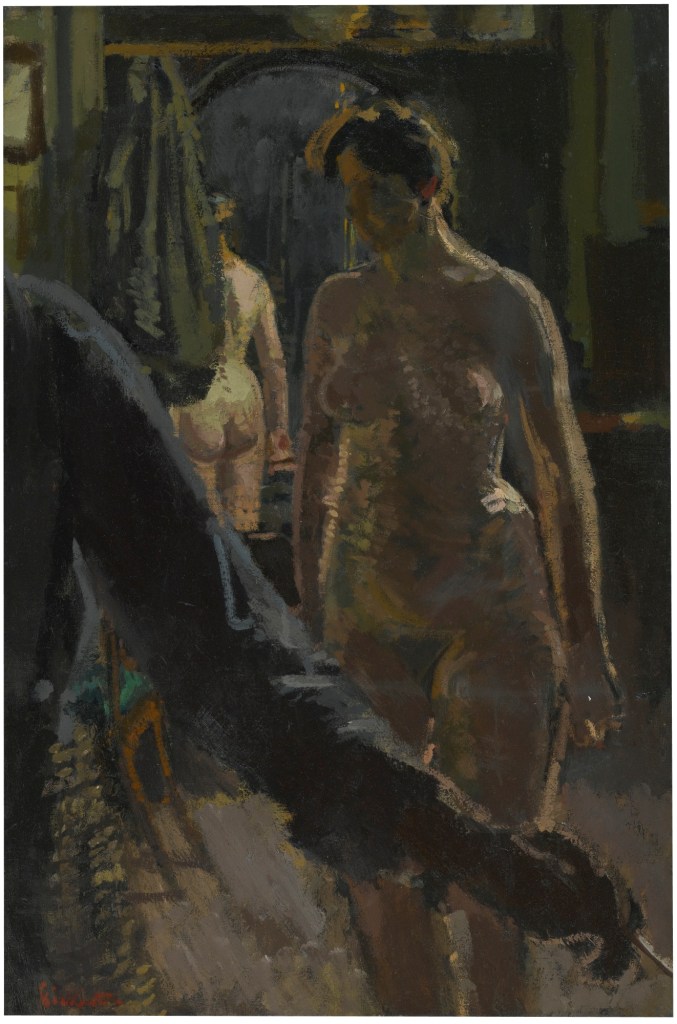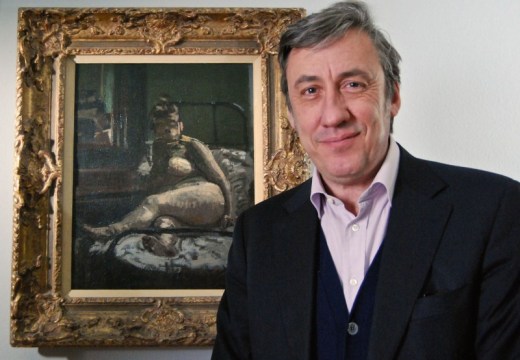Introducing Rakewell, Apollo’s wandering eye on the art world. Look out for regular posts taking a rakish perspective on art and museum stories.
Bestselling novelist Patricia Cornwell is back – and this time, with regard to London’s art history, it’s personal. The writer has long supported a theory positing that the great painter Walter Sickert was behind the ‘Ripper’ murders that scandalised Victorian Britain. Now, she has published Ripper: The Secret Life of Walter Sickert, in which she claims to provide ‘compelling’ evidence that Sickert and ‘Jack’ were one and the same.
‘I had to do this because it would be wrong for me not to finish what I started’, she tells Mary Wakefield in this week’s Spectator. ‘If you’re going to accuse another human being of being a serial killer, you have to provide the evidence.’
The big news is that collecting said evidence, the novelist has revealed, has cost her something in the region of $6 million. With the greatest respect to Cornwell, Rakewell does wonder whether the cash might not have been better spent investing in Sickert’s work. Here, for your more or less macabre delectation, are a few works she could have snapped up at auction.
L’Eldorado, which sold at Christie’s Modern British & Irish Art Evening Sale in November 2016, would have been a snip at a mere $303,800.

L’Eldorado (c. 1906), Walter Sickert
At Bonham’s 20th Century British and Irish Art sale in 2012, Cornwell could have become the proud owner of Woman in Profile with Downcast Eyes, which broke the artist’s auction record when it went under the hammer for £229,250.

Woman in Profile with Downcast Eyes (c. 1904), Walter Sickert
Or perhaps she might have bid on this nude from 1906, which sold at Sotheby’s for £137,000 in November 2015.

The Studio: The Painting of a Nude (1906), Walter Sickert
All that, and Cornwell would still have enough left over to snag herself a property on Camden’s Mornington Crescent, where Sickert painted some of his most famous scenes…
Got a story for Rakewell? Get in touch at rakewell@apollomag.com or via @Rakewelltweets.














![Masterpiece [Re]discovery 2022. Photo: Ben Fisher Photography, courtesy of Masterpiece London](http://zephr.apollo-magazine.com/wp-content/uploads/2022/07/MPL2022_4263.jpg)
‘Like landscape, his objects seem to breathe’: Gordon Baldwin (1932–2025)